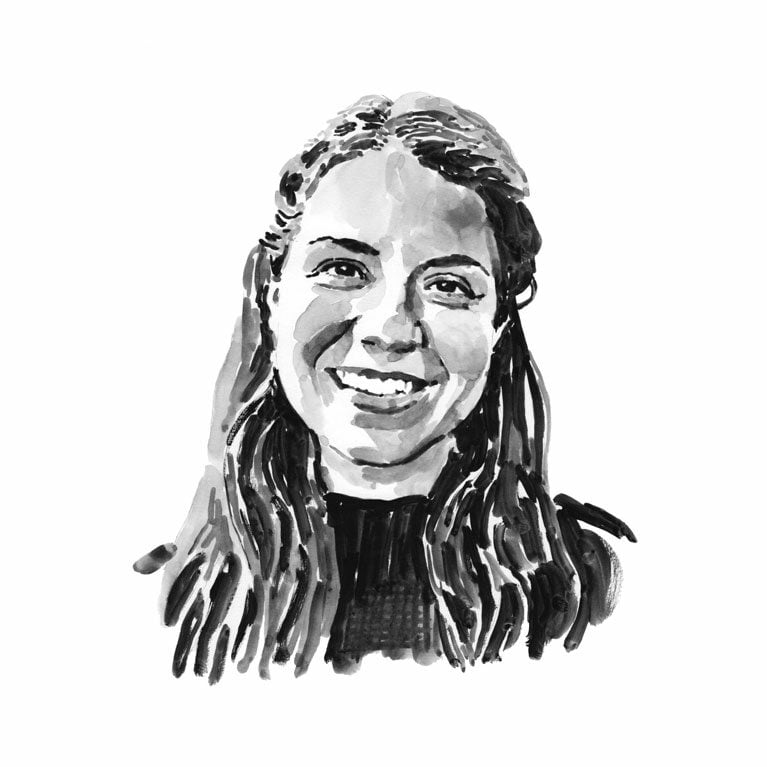Alessia Lavigne

Who I am
Born and raised in Seychelles, I might have taken for granted its lush vegetation, stunning biodiversity and beautiful beaches. I am grateful I didn’t. From exploring Justin Gerlach’s tortoise and terrapin sanctuary during my early childhood on Silhouette to my participation in the D’Arros Experience programme and first job working with sea turtles, my constant affinity for nature, and turtles in particular, shaped my path to pursue a degree in zoology.
I strongly believe that to preserve the world’s biodiversity efficiently, we need to work together to bridge the gap between science and conservation. For me as a Seychellois researcher, it is my goal and honour to have my country included in an international partnership-based scientific project that aims to achieve this. I am also uniquely positioned to undertake this work, since I have direct experience of examining turtle and tortoise eggs using the required methods, have already secured access to the necessary facilities and co-financing, and have brought together an exceptional research team that includes academic supervisory support and conservation partners.
The project provides my country with a unique opportunity to become a key contributor to, and benefactor of, the findings and to gain scientific recognition from this study. With the insights the project will bring, Seychelles’ partners will be able to make evidence-based management decisions and at the same time ensure that the techniques used can be applied more widely.
Where I work
I am currently working in the Reproductive Behaviour and Physiology Research Group based at the University of Sheffield, UK, where I partner with zoos, captive breeders and conservation groups around the world to work with unhatched eggs from a variety of turtle species. In the past year I have been developing and testing the methods I will use in this project in order to demonstrate that they can be applied to turtles and tortoises and provide ‘proof of concept’ for future work. I sometimes travel to Seychelles or other countries for field work, but at present all eggs must be transported from field sites to the lab in Sheffield for processing and analysis. I aim to further my research on this subject as a PhD student here as well.
What I do
Before any eggs are analysed, my work involves collaborating, networking and communicating with partner organisations to facilitate the collection and transportation of various turtle and tortoise eggs to the lab. Once they are in the lab, I use microscopy and dissection skills to process them and then collect and analyse the resulting data. As part of my degree in zoology, I trained in a range of relevant laboratory techniques and advanced statistical analysis, and this has provided me with all the necessary skills to undertake this work. I also have access to expert advice and mentorship via my research group. I present the outcomes of my work via internal seminars, written reports for conservation partners and papers prepared for scientific publication.
